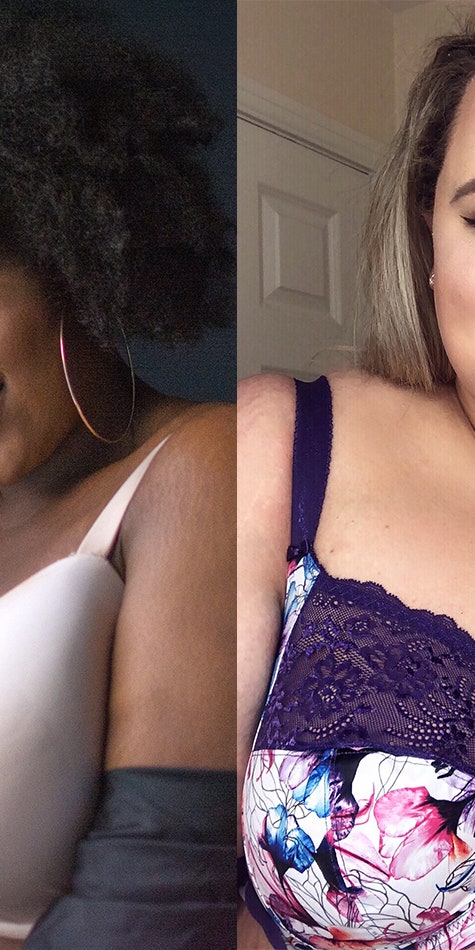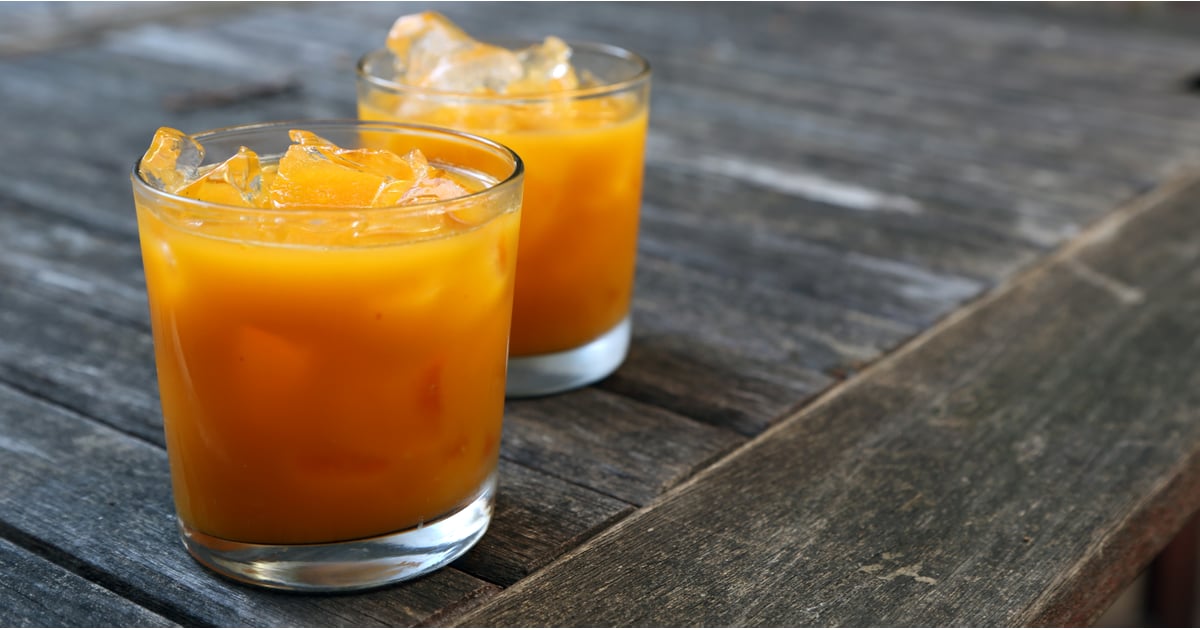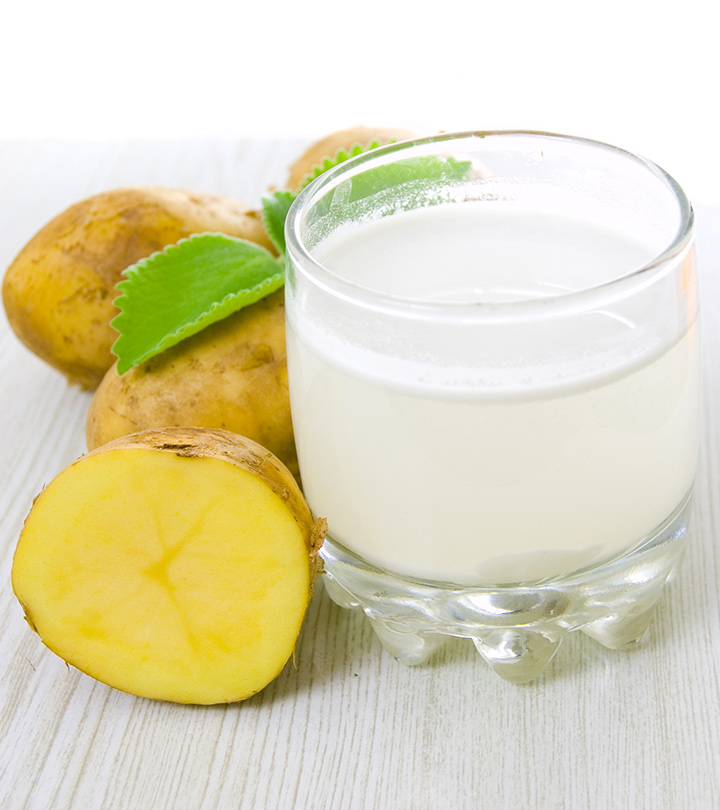In an exclusive interview earlier this month with Entertainment Tonight, Aaron Carter mentioned that his new life of sobriety does still include weed.
According to ET, the singer was arrested for DUI refusal, possession of marijuana, and possession of drug-related items in July 2017. He later tested positive for a dangerous combination of anxiety medication and opiates on The Doctors. In September, his reps confirmed to People that he entered a recovery center in Malibu, and he later told ET that he had been struggling with an eating disorder, substance abuse, and post-traumatic stress disorder (PTSD).
In the new interview, Carter said that he stopped using all prescription drugs, but that he does continue smoking weed (cannabis) as a form of relaxation.
“When I went through the treatment process, I told everybody there, I’m like, ‘When I leave, I’m gonna be smoking weed still,'” he said on ET. “I like smoking weed. I just do. I find it to be a very peaceful, zen thing.” Although he says he doesn’t smoke every day, it is “a ritual” for him.
Carter is not alone in his thought process. According to a July 2016 report from the Substance Abuse and Mental Health Services Administration (SAMHSA), cannabis is the most commonly used illicit drug in the United States, and many Americans do not perceive it to be potentially harmful.
But Carter’s decision to incorporate the regular use of cannabis post-recovery puts the spotlight on a developing discussion—the legalization of medicinal and recreational cannabis—as well as the drug’s effects on those who have experience with addiction.
Can someone in recovery safely use cannabis? It depends who you ask—and who you are.
The American Psychological Association defines addiction as a severe form of substance use disorder, a condition in which someone continues to use a substance despite the harmful consequences they know it will cause.
Substance use disorders are more common with some substances than others. According to oft-cited research from the National Institute of Drug Abuse published way back in 1994, about 23 percent of people who try heroin eventually develop a dependence, compared to 15 percent for alcohol and 32 percent who try tobacco. When it comes to cannabis, it was estimated that 9 percent of people who try it develop a dependence. More recent research, published in JAMA Psychiatry in 2015, found that up to 30 percent of regular cannabis users (not just people who tried it a few times in college) may qualify for cannabis use disorder, defined as a problematic pattern of cannabis use that results in significant life impairment, such as giving up important social or work activities because of cannabis use.
“Substance use disorders are diagnosed based on the specific substance that a person is using in a compulsive way despite consequences,” Sarah E. Wakeman, M.D., medical director of substance use disorder at Massachusetts General Hospital, tells SELF, meaning that patients are typically diagnosed with a substance use disorder involving one specific substance (e.g. alcohol use disorder). However, being diagnosed with one type of substance use disorder may increase your risk for developing another one, she says. “And, for some patients, using any substance can make it harder for them to not use their primary substance.”
So, traditionally, people in recovery were not allowed to consume any other potentially-addictive substances. Part of that approach comes from our understanding of neuroscience, and that addiction in the brain hinges on the actions of the reward circuit, primarily fueled by the neurotransmitter dopamine, according to the National Institute on Drug Abuse. Research suggests that some people may be genetically predisposed to become addicted to substances based on the number of dopamine receptors they have in key areas of the brain (which also changes as you use those substances). The thinking goes that any substance that significantly activates that circuit may trigger a return to disordered behavior.
It’s thought that cannabis also activates those receptors indirectly, though research suggests that even long-term effects on dopamine receptors from cannabis are less severe than those caused by drugs like heroin or cocaine.
Indeed, Indra Cidambi, M.D., medical director of the Center for Network Therapy in Middlesex, New Jersey, tells SELF that “there is no room for any type of substance as a recovering addict.” While Dr. Cidambi notes that there are established uses for medical cannabis (such as reducing nausea and vomiting in cancer patients, as well as increasing appetite in HIV-infected patients), she also raises concerns about how it affects the brain, particularly with regard to decreasing gray matter. “So, no, people who are in recovery should not drink, should not smoke [cigarettes], and should not smoke marijuana,” Dr. Cidambi says.
But other experts say that treatment can be more individualized based on each patient’s unique issues and circumstances.
Although traditional recovery has been viewed as an all-or-nothing concept, other experts don’t believe treatment is so black-and-white.
“I don’t think there is a one-size-fits-all approach,” Dr. Wakeman says. “The most important thing is assessing the individual person and determining what approach and goals make most sense for him or her.” For example, Dr. Wakeman has counseled patients who didn’t have alcohol use disorder but discovered that drinking alcohol led to other substance use because it lowered their inhibitions. Yet other patients could intermittently use cannabis or alcohol without any issue.
Jordan Tishler, M.D., a cannabis educator and president of InhaleMD, two Boston-area facilities that utilize medical cannabis for the treatment of severe and debilitating illnesses, tells SELF there is no simple answer to this question. “I think that anybody who has a history of addiction should approach all substances with care—and in many instances, not approach them at all,” he says. “In the case of cannabis, I think it’s extraordinarily wise to do this in a measured and careful fashion. The cautious approach is to say, ‘Look, this could be an issue—let’s keep our antennae up to make sure we’re not creating more problems than we’re solving.’”
In fact, there is some research to suggest that cannabis can be helpful to recovery—especially in cases of opioid addiction.
In one small preliminary study published last year in PLOS One, researchers followed 37 chronic pain patients who were regularly using opioids and signed up for New Mexico’s medical cannabis program. Compared to 29 comparison patients who used opioids and did not use cannabis, those who used cannabis were over 5 times more likely to reduce their opioid prescription dose during the 21-month study period. They were also more likely to stop using opioids altogether and reported significant improvements in their quality of life and pain reduction.
Most Popular
- 5 Less Obvious Signs of Seasonal Depression You Should Definitely Pay Attention To
By Maggie O’Neill
- 42 Creative Valentine’s Day Gifts for Guys
By Sarah Madaus
- Just Some Fun Sex Toys You and Your Partner Will Love
By Gabrielle Kassel
Similarly, a study of 266 medical cannabis patients wth chronic pain published in the Journal of Pain in 2016 found that the majority of participants (64 percent) reduced their use of opioid medications after starting to use medical cannabis. Both of these studies are relatively small and don’t look specifically at participants dealing with opioid addiction, only opioid use. But they suggest that people regularly taking opioids may be more likely to cut back when cannabis is available to them.
And, looking at the big picture, research published online this month in the Journal of Health Economics found there were significantly fewer opioid-related deaths in states with medical cannabis laws on the books—especially those put in place before 2010, when the laws were not as tightly regulated. Of course, that doesn’t prove that having access to medical cannabis directly lowered the rate of opioid-related deaths, but it does suggest the possibility of people using less opioid medication when cannabis is legally available.
Cannabis does come with some potential side effects, but they are generally much more mild than those associated with opioids. Some common side effects reported with cannabis are coughing and other lung irritation (if inhaled) and an increased heart rate. Common adverse effects of opioids include nausea, constipation, and drowsiness. High levels of cannabis can be extremely unpleasant and panic-inducing, but there’s no known lethal dose. With opioids, on the other hand, high doses can cause extreme sedation and slowed breathing, which can lead to death.
“We know that both of these substances are somewhat useful for the treatment of pain,” Dr. Tishler says. “If you have two substances that are okay—while one is dangerous and the other is less dangerous—then as a physician, it’s not really a big reach to say, ‘I think I’ll pick the less dangerous one.’”
High Sobriety, which opened in 2017, is the first treatment center to bill itself specifically as cannabis inclusive.
“The idea behind High Sobriety is that there are substances that have lethal doses associated with them,” Amanda Reiman, Ph.D, MSW, clinical and research advisor at High Sobreity, tells SELF. “And from a harm-reduction perspective, if we can get somebody using a substance with no lethal dose versus one that has a lethal dose, that’s a very important first step.”
Switching to a less lethal option keeps people alive long enough to get them started on other types of treatment, including focusing on education and nutrition, exercise, and mental health issues. “You can’t do that when somebody is not alive,” Reiman says. High Sobriety offers several treatment options, one of which includes cannabis. On its website, the center says that it “supports its residents’ cannabis replacement approach, where it is in full compliance with law and under medical supervision.”
In addition to using cannabis to help treat clients’ pain, High Sobriety says cannabis can also help quell their opiate withdrawal symptoms. Although there isn’t much research specifically looking at that use, a 2017 report from the National Academies of Sciences, Engineering, and Medicine suggests that there is some evidence that cannabis can be useful in combatting nausea, muscle aches, insomnia, and anxiety, which are common withdrawal symptoms.
As for Carter, the choice to continue using cannabis is one only he can make.
“If he feels that this is an activity he can engage in without risking the negative effects that the other drugs have brought into his life, then he absolutely should be allowed to do so,” Reiman says. She believes that society should put an end to the abstinence-only definition of recovery, especially because the majority of the population doesn’t adhere to this lifestyle. “We have coffee, we have sugar, we have a drink here and there, we take a pill—so why are we holding other people up to that golden standard?” she says. “We should really allow them to participate with substances in a way that is going to bring the least amount of harm to themselves—and that’s going to be up to the individual.”
For Dr. Wakeman, the key is shifting our perception of substance use disorder to view it as a chronic illness that is treated with a patient-centered approach. “Using that framework, when I am treating patients with any type of substance use disorder, what matters most is the quality of their health, the quality of their life, and if we are meeting their goals,” she says. “If a person is in remission from an opioid use disorder, is using cannabis without having medical or psychosocial consequences and is meeting their goals, that is what matters.”











